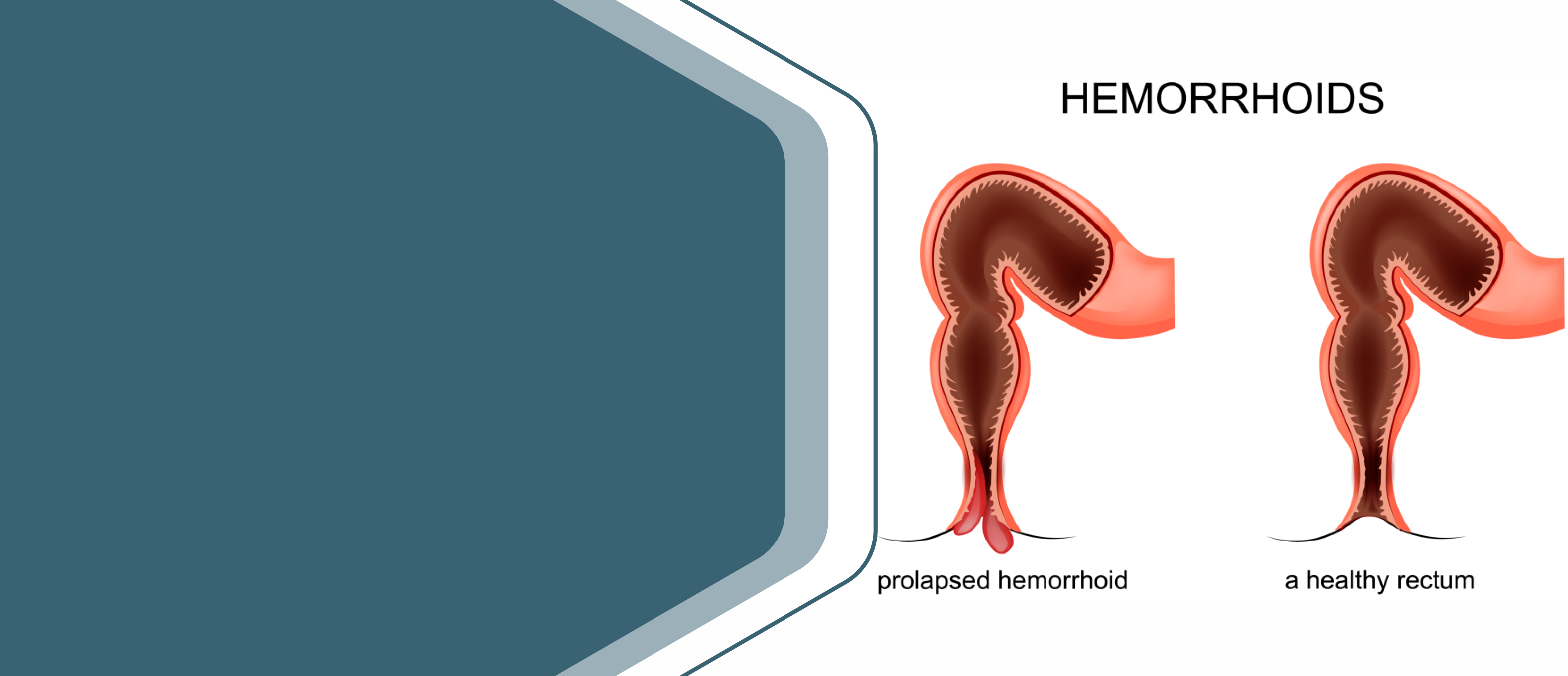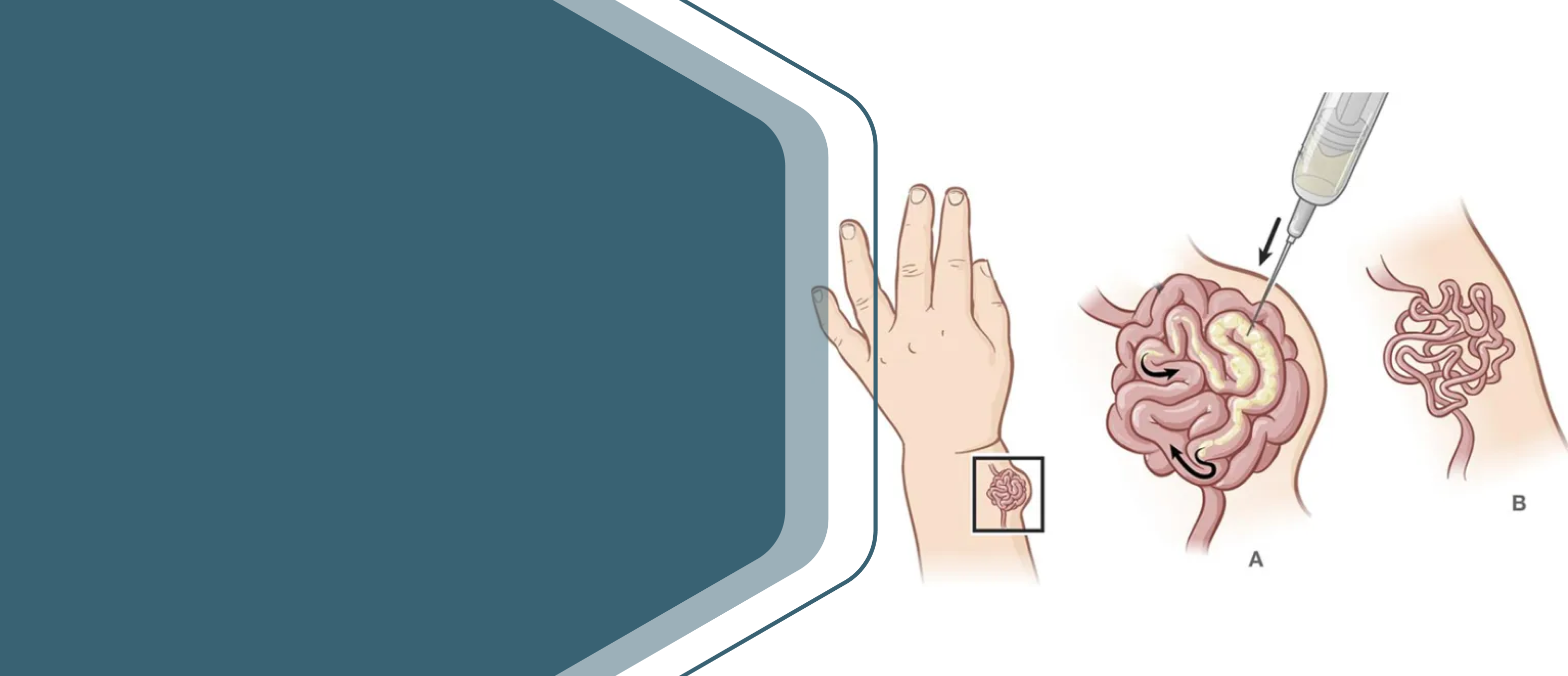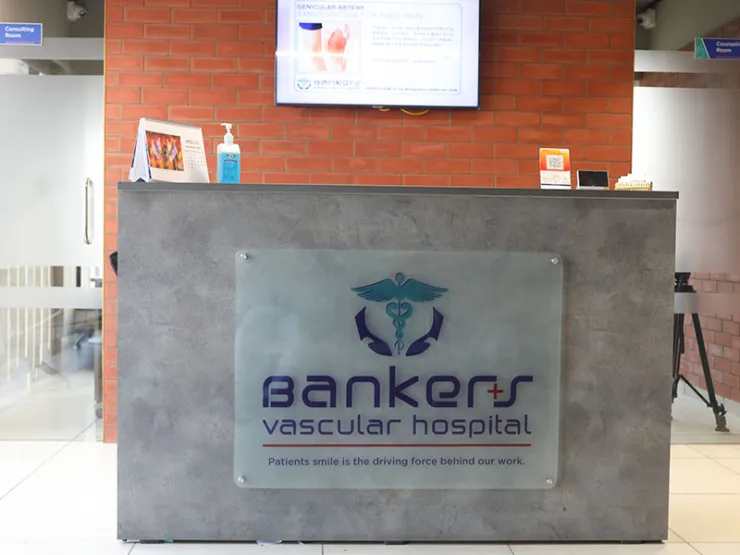Treatment Brief
Hemorrhoidal artery embolization (HAE)
It is a minimally invasive procedure providing relief for patients with symptomatic internal hemorrhoids, by reducing the blood supply to the abnormal hemorrhoidal tissue. HAE is performed by an Interventional Radiologist (IR), who is a physician specialized in performing procedures through the blood vessels without surgery.
Hemorrhoids can be treated with a variety of methods, including lifestyle changes, topical treatments, and surgical procedures:
- Lifestyle changes
- Diet: Eat more fiber-rich foods like whole grains, fruits, and vegetables, and take fiber supplements. You can also try drinking more water and avoiding caffeine.
- Toilet habits: Avoid straining during bowel movements, sit less on the toilet, and use moist toilet paper or baby wipes.
- Other habits: Maintain good anal hygiene and become more physically active.
- Topical treatments
- Sitz baths: Soak your anal area in warm water for 10–15 minutes, 2–3 times a day. You can also add Epsom salts to the bath, though there's no scientific evidence that this helps.
- Hemorrhoid creams or suppositories: Apply creams or suppositories containing hydrocortisone that you can buy without a prescription.
- Pain relievers: Take over-the-counter pain relievers like acetaminophen, aspirin, or ibuprofen to help with discomfort.
- Ice packs: Use ice packs to ease pain and swelling.
- Surgical procedures
- Hemorrhoidectomy: A surgical procedure that can be performed on otherwise healthy patients on the same day. After surgery, you can take oral narcotics or NSAIDs for pain, and you may be asked to take sitz baths.
- Infrared coagulation (IRC): A non-surgical outpatient procedure that uses infrared light to clot the blood vessels that supply blood to the hemorrhoids.
Flow
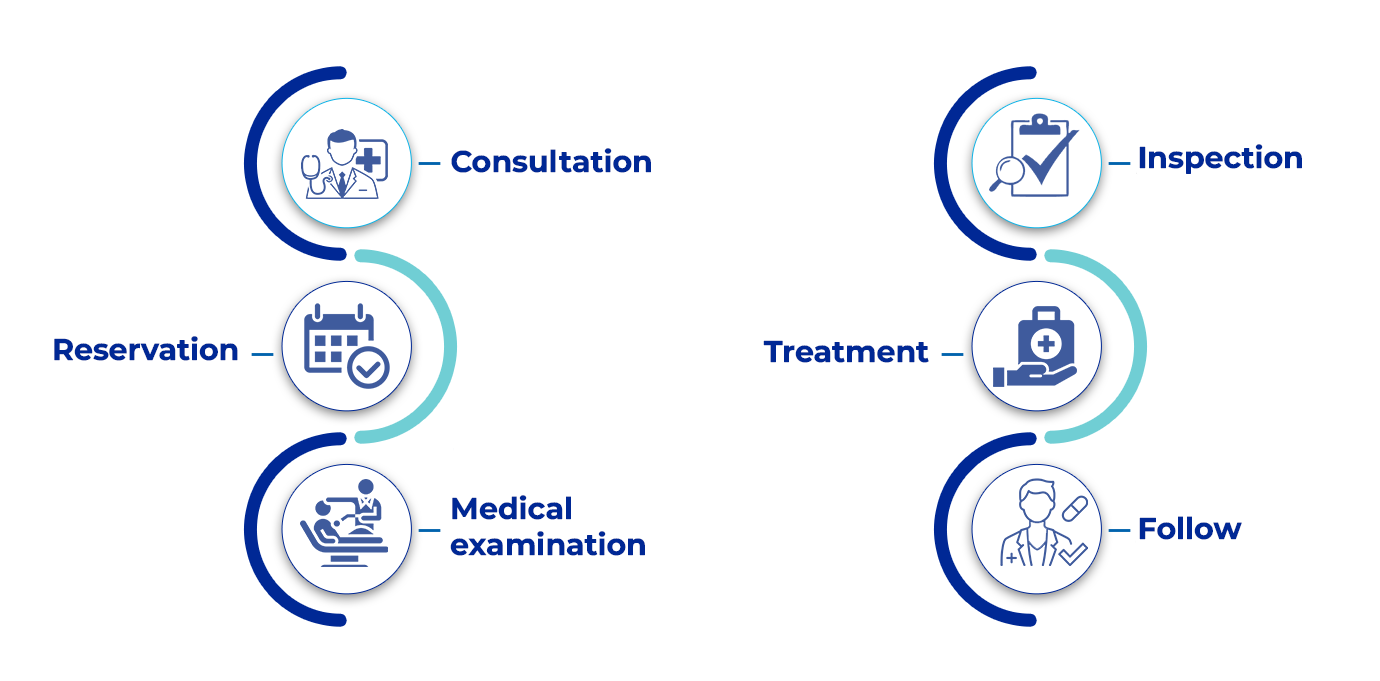
Advantage
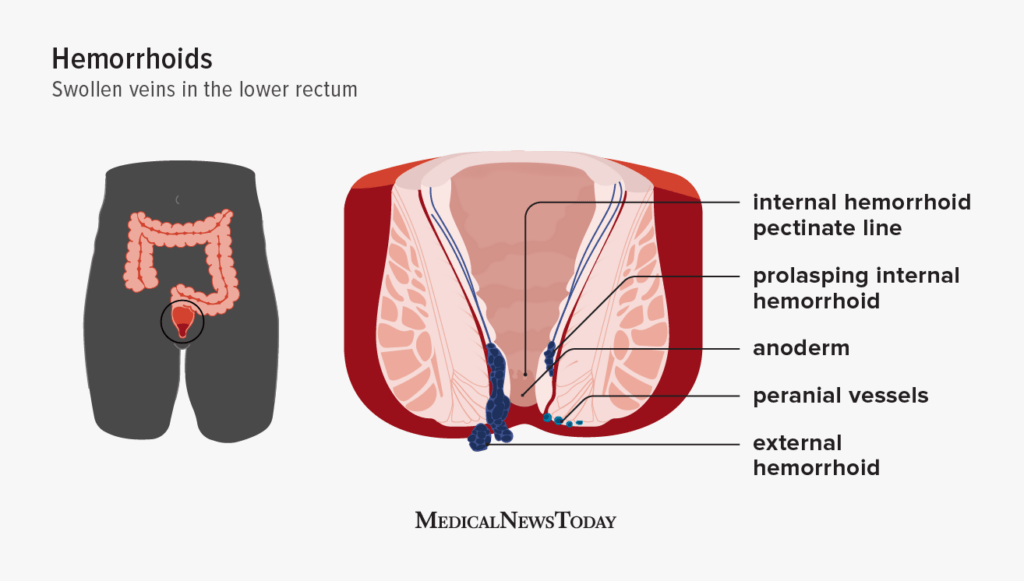
Hemorrhoids are vascular cushions that are naturally present in everyone and help with fecal continence. They engorge when you strain, sneeze, or exert yourself, which helps close the anus and prevent fecal leakage. After straining, the cushions return to their normal size.
Hemorrhoids can cause discomfort, but they usually don't cause problems unless they become irritated or you strain when passing stool. Symptoms include:
- Painless bleeding
- You might notice small amounts of bright red blood on toilet paper or in the toilet.
- Prolapsed hemorrhoids
- A hemorrhoid can push through the anal opening, which can cause pain and irritation.
Here are some other treatments for hemorrhoids:
- Lifestyle changes
- Adding fiber to your diet, drinking more water, and taking warm sitz baths can help relieve mild symptoms. You can also try not to strain during bowel movements.
- Hemorrhoidal ointments
- These contain ingredients like cocoa butter, zinc oxide, or starch to create a barrier that prevents irritating contact with stool. They can help temporarily relieve pain, itching, and burning.
- Witch hazel
- This astringent can provide temporary relief.
- Steroid creams
- Corticosteroids like hydrocortisone can help reduce inflammation, but they can damage the skin if used for a long time.
- Lidocaine
- This local anesthetic can help with pain and itching. Creams or suppositories that combine lidocaine with tribenoside (Glyvenol), an anti-inflammatory, may also help.
- Analgesics
- Over-the-counter painkillers like ibuprofen (Advil, Motrin), aspirin, and acetaminophen (Tylenol, Panadol) can help with pain.
- Rubber band ligation
- This procedure involves using a rubber band to treat enlarged hemorrhoids. Studies suggest that it can cause less pain than hemorrhoidectomy and allow patients to return to work sooner. However, it may need to be repeated after a few weeks, and the hemorrhoids could grow back.
- Laser surgery
- This treatment can cause fewer side effects than traditional surgery, and patients may experience less pain at the incision site and a faster recovery








